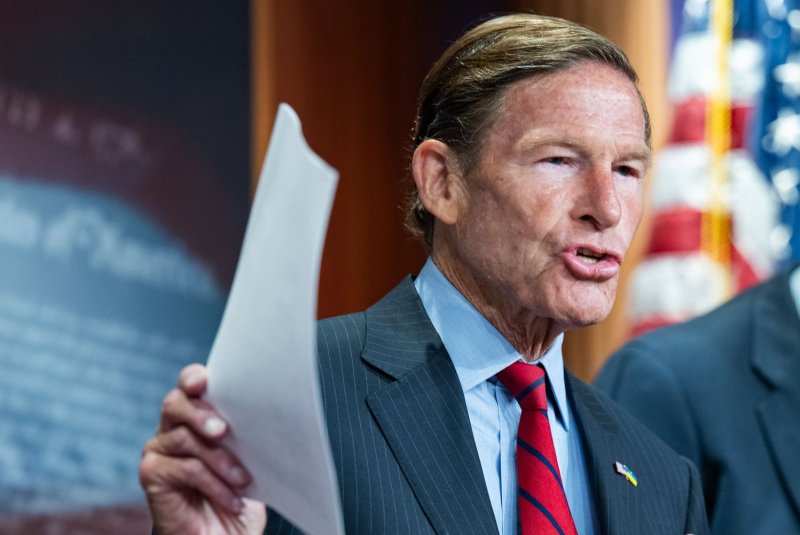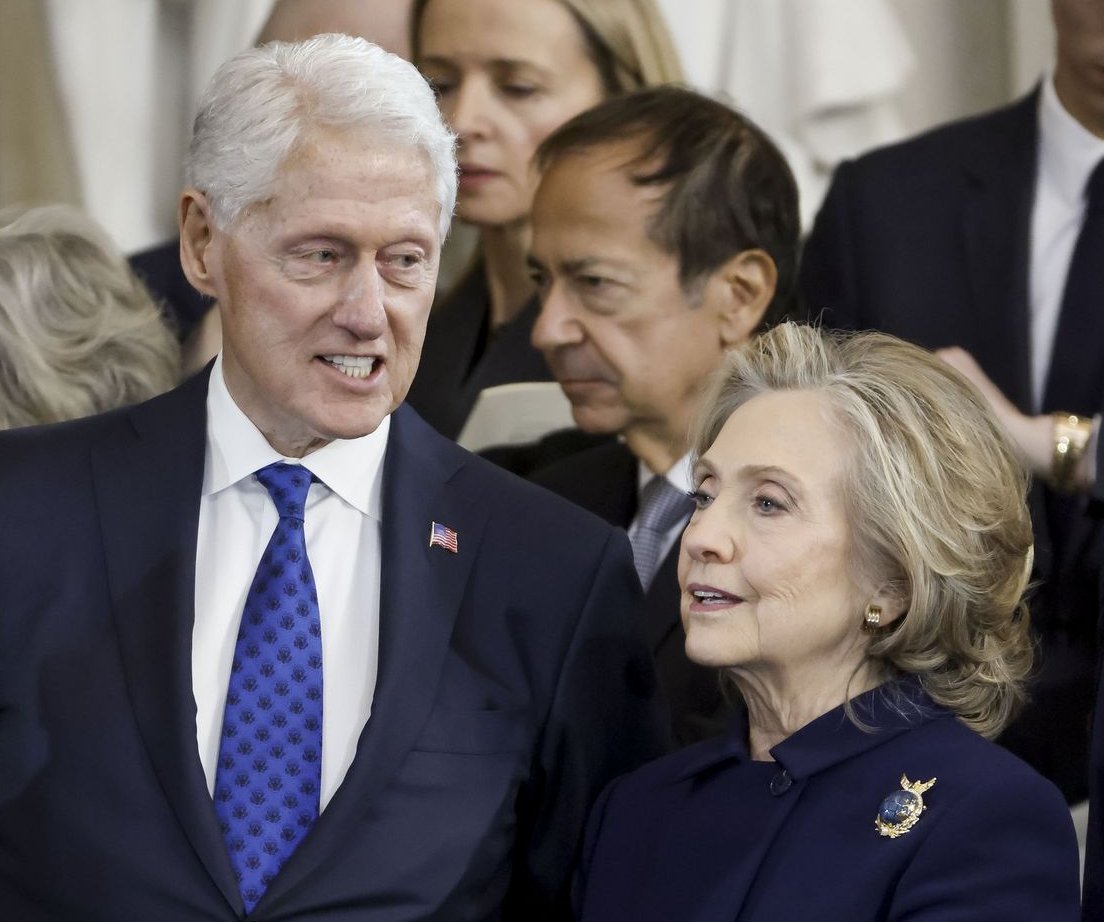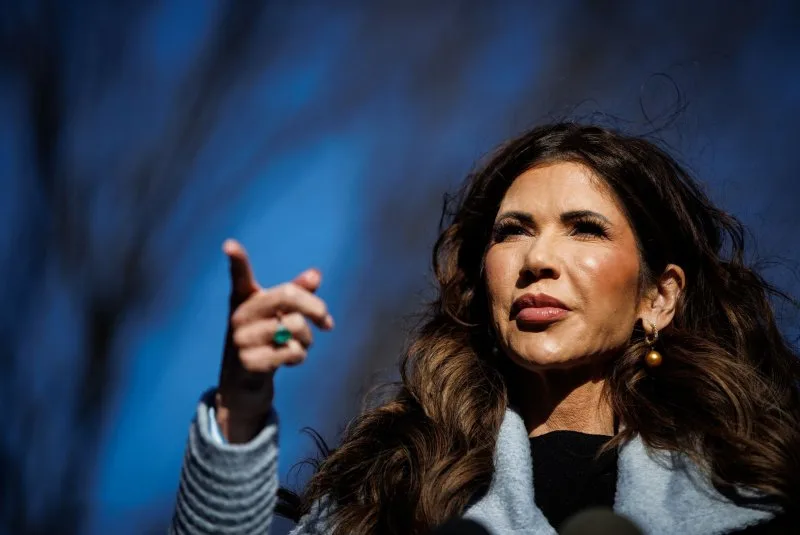The U.S. Food and Drug Administration (FDA) has decided not to approve a psychedelic treatment — along with therapy — to treat post-traumatic stress disorder (PTSD), according to Lykos Therapeutics, the company that applied for approval.
The treatment is a pharmaceutical version of midomafetamine, better known as MDMA and sometimes referred to as ecstasy.
The FDA requested an additional Phase 3 trial. The rejection comes on the heels of controversy about Lykos’ existing clinical trial, which was plagued with accusations of misconduct. The issues raised by the FDA echo similar concerns raised in a May meeting of FDA advisors, who voted against approval.
The company said it conducted two late-stage randomized placebo-controlled trials to evaluate the safety and efficacy of MDMA when used in combination with psychological intervention, such as talk therapy, and found benefits.
A multitude of studies have suggested that psychoactive drugs, including cannabis, ketamine magic mushrooms and MDMA, may help treat PTSD and other mental health disorders.
Some psychiatrists began using MDMA for treatment in the late 1970s and early 1980s believing it helped promote trust and improved communication between doctors and patients.
MDMA was classified as a Schedule I drug, meaning it has “no currently accepted medical use and a high potential for abuse,” by the Drug Enforcement Administration in 1985.
The FDA had until Aug. 11 to make a decision on approval.
The FDA’s decision comes after a panel of independent advisers for the federal agency voted against recommending approval of the treatment during a meeting in early June.
The Psychopharmacologic Drugs Advisory Committee appeared to have serious doubts about the safety and efficacy of the treatment.
In briefing documents released earlier this year, the FDA said that based on the clinical trial data submitted by Lykos Therapeutics, “participants appear to experience rapid, clinically meaningful, durable improvement in their PTSD symptoms.”
Despite the concerns of health officials, lawmakers had urged the FDA to approve the application, with more than 60 members of Congress signing a letter to President Joe Biden expressing their desire for the FDA to approve the treatment.
The FDA rejecting the application “doesn’t necessarily mean the end of psychedelic drug development, since several of the issues of concerns about the application are related to the fact that the effort to get MDMA approved has until recently been a grassroots effort…rather than a pharmaceutical company with seasoned industry veterans,” Dr Brian Barnett, clinical director of the Cleveland Clinic psychiatric treatment resistance program, told ABC News in a statement. “The path toward FDA approval has been really unique in this regard.”




